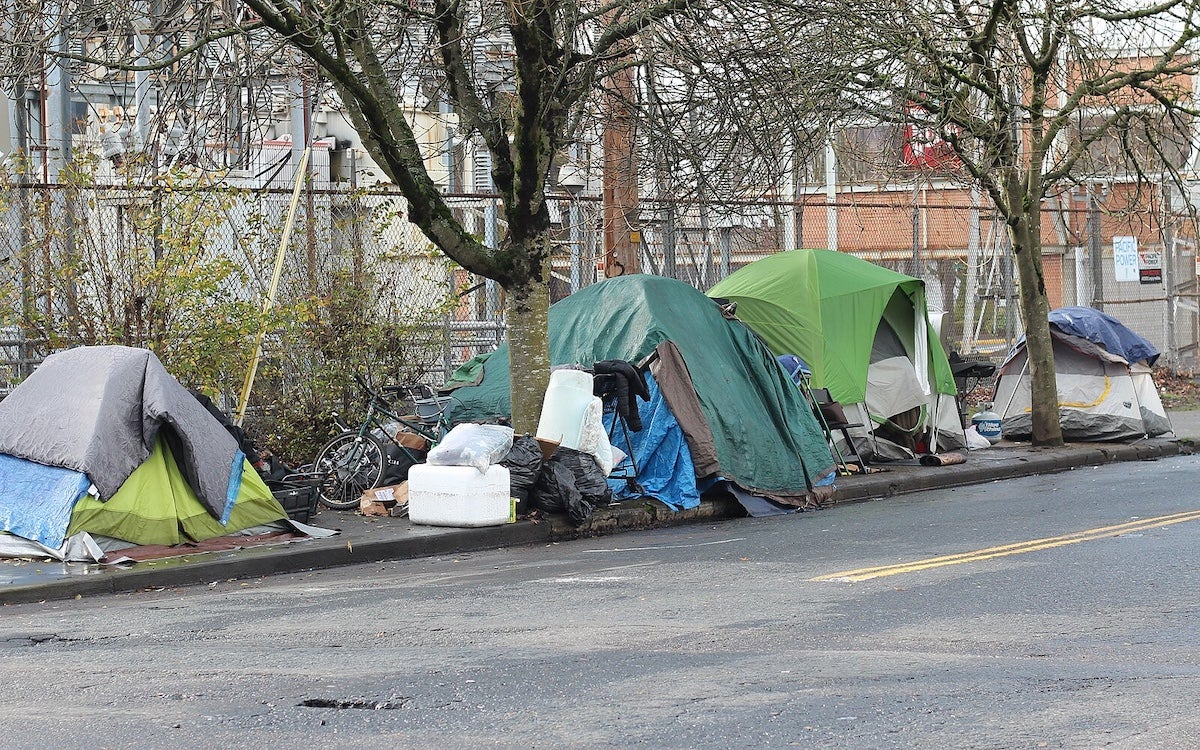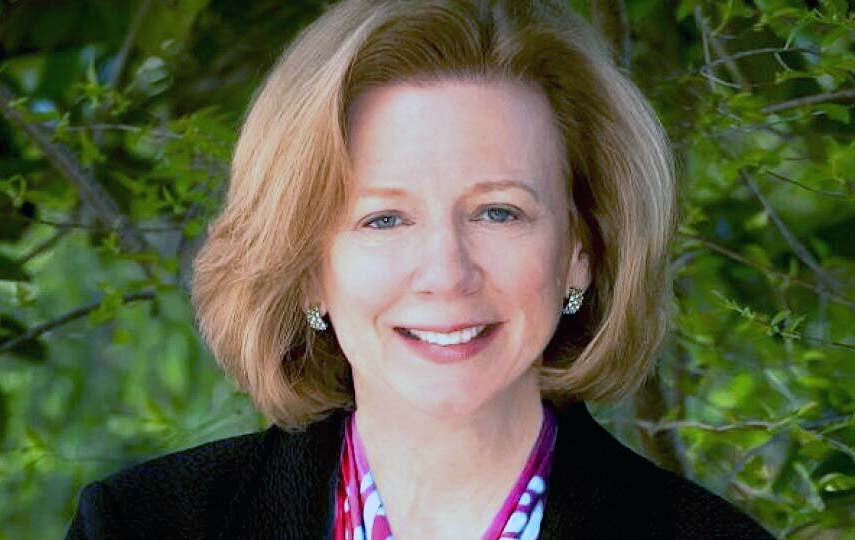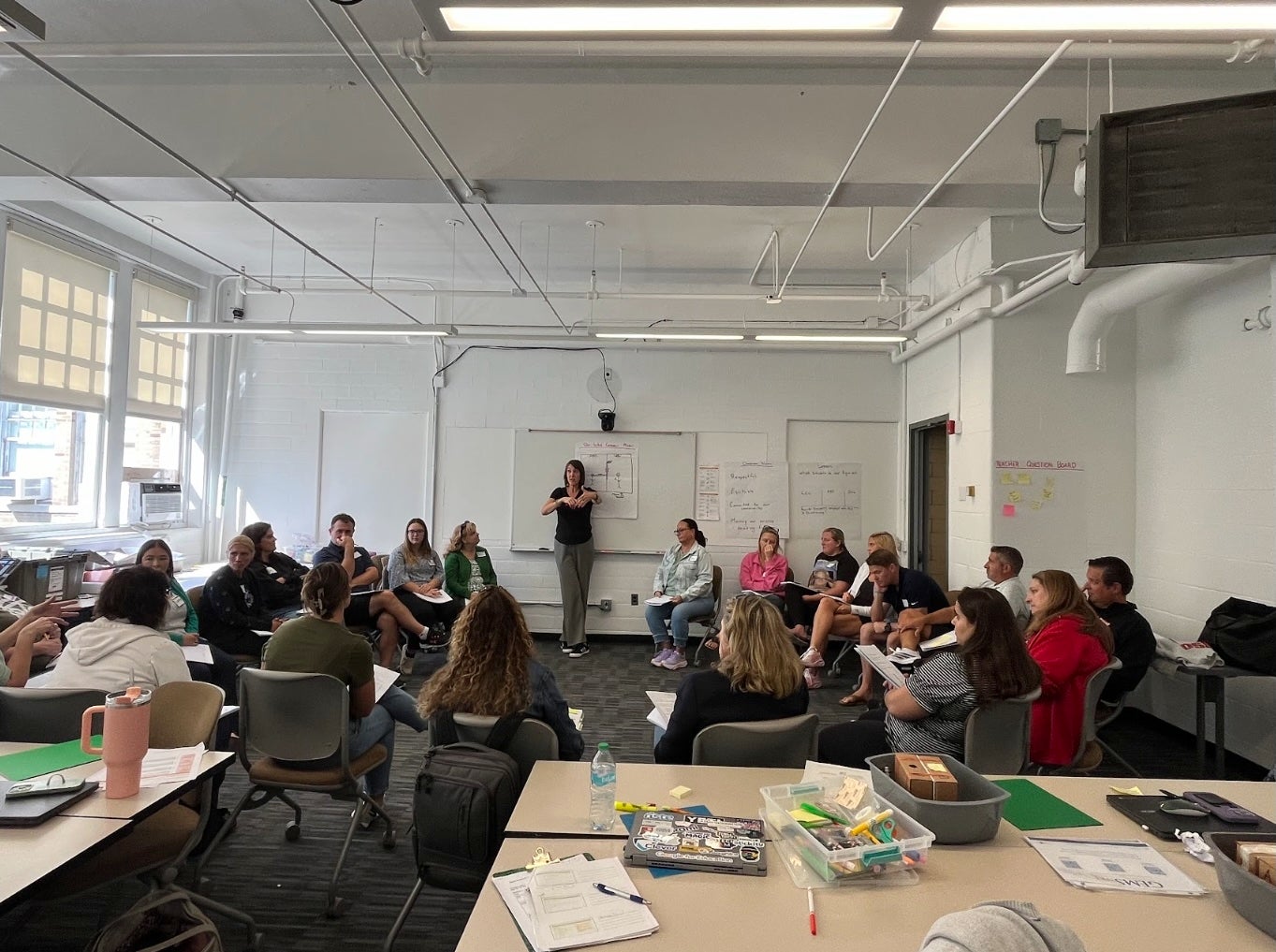Homelessness rates vary sharply by race, URI paper shows
KINGSTON, R.I. — Oct. 15, 2025 —The prevalence of homelessness varies across communities by race, with Black communities experiencing disproportionately higher rates of homelessness across both urban and suburban communities, according to research recently conducted in the University of Rhode Island’s Department of Public Health. While all racial groups are hampered by a lack of housing affordability, Black and Latine residents face additional obstacles in accessing housing.
Local community leaders should note the racial disparities and acknowledge that racialized conditions influence the prevalence of homelessness, according to Assistant Professor Molly Richard. Her paper, “Homelessness and race: The impact of structural conditions on Black, White, and Latine homelessness,” was recently published in the national journal, Social Problems.

“Housing and economic conditions drive homelessness, and structural racism means communities experience these pressures differently,” Richard wrote. “As rents continue to rise and debates over the solutions to homelessness intensify, we need to encourage local leaders to focus on the root causes: housing affordability and the barriers that block equal access.”
In her paper, Richard describes how community-level conditions—including housing, labor, and social safety net factors—are associated with each racial group’s homelessness rates, examining data from the U.S. Department of Housing and Urban Development’s Point-in-Time count of sheltered and unsheltered homelessness, and the American Community Survey. Higher rental prices, income inequality, and race-specific employment rates are major factors affecting homelessness rates. Richard noted strong relationships between rental costs and Black unsheltered homelessness, and income inequality and Black homelessness.
In her paper, Richard discusses her findings in the context of racialized housing and labor markets, arguing that “race matters for understanding and addressing homelessness.”
Some key findings Richard details in her paper include:
- Black communities experience homelessness in the United States at a rate nearly four times higher than the average—63 people per 10,000 residents, compared with the overall average of 17 per 10,000 residents.
- Even in places not known for large homeless populations—the Midwest, for example—Black people face disproportionately high rates, even when compared to areas with higher homeless populations, such as the West Coast and Northeast.
- For Latine communities, homelessness isn’t concentrated only on the West Coast. Rates are highest in the Northeast.
- Higher rental costs are associated with Black, White, and Latine homelessness, underscoring that homelessness is a housing problem across racial groups.
- Other structural conditions—income inequality, poverty, employment—also factor into homelessness rates, but they vary by race.
“With this study, I wanted to show that taking a colorblind approach to homelessness limits how we understand its scope, causes, and solutions,” Richard said. “Addressing homelessness means not only making housing more affordable and expanding employment opportunities—but also confronting the racial disadvantages that persist across these systems.”
Richard, who also serves as the director of applied learning for URI’s Master of Public Health Program, focuses her research on homelessness, housing, and the social determinants of health. Her research aims to advance equity in housing and health by informing homelessness response strategies at local, state, and national levels, as well as broader housing, health, and social welfare policy.
Latest All News
- URI Gender and Women’s Studies department to hold annual Roundtable for Black Feminist and Womanist Theory Nov. 6-8KINGSTON, R.I. – Oct. 22, 2025 – A new book on the famed African American abolitionist / writer Harriet Jacobs and the weaponization of Black feminism in academia are just two of the topics on the roster at the University of Rhode Island’s sixth annual Roundtable for Black Feminist and Womanist Theory. The three-day conference, led […]
- Community colleges the topic at Oct. 28 Honors ColloquiumKINGSTON, R.I. – Oct. 21, 2025 – Community colleges are often celebrated as engines of access and mobility. But behind the institutional curtains lie a more complicated story. In his talk at the University of Rhode Island’s 2025 Honors Colloquium, Eric Felix will share insights from a three-year research-practice partnership with equity leaders across 20 […]
- Seattle nursing dean, patient care expert to deliver URI College of Nursing’s Fall Distinguished LectureKINGSTON, R.I. — Oct. 21, 2025 — Kristen Swanson, dean and professor emerita at the Seattle University College of Nursing, will discuss “Caring—The Difference that Makes a Difference: From Discovery to Randomized Trials and Clinical Translation,” as part of the University of Rhode Island College of Nursing’s Fall Distinguished Lecture series. The lecture, scheduled for Thursday, […]
- Spooky suggestion: Get your garlic in the ground for Halloween!KINGSTON, R.I. – Oct. 21, 2025 – While gardeners across the region are closing up shop and putting away their gardening tools, University of Rhode Island Cooperative Extension Master Gardeners say fall is a great time of year to get some plants into the ground and plan for next year. Cooperative Extension’s Kate Hardesty, of […]
- Science teacher education program celebrating 30 years and new campus location with open house Oct. 29KINGSTON, R.I. – Oct. 20, 2025 – Teachers by nature are used to being on the move. But this fall, the office for one of the state’s premiere teacher professional learning programs has relocated from the University of Rhode Island’s Narragansett Bay Campus to its Kingston Campus. After building a strong foundation at the University’s […]
- A Rhode Island fisheries model for Asia-Pacific nationsKINGSTON, R.I. – Oct. 20, 2025 – Last month, a Rhode Island team of experts traveled to Indonesia to collaborate with representatives from Southeast Asian countries on sustainable fishery management. University of Rhode Island professor Michael A. Rice; Jason McNamee, Ph.D. ’18, deputy director of the Rhode Island Department of Environmental Management (DEM); and Maria […]













